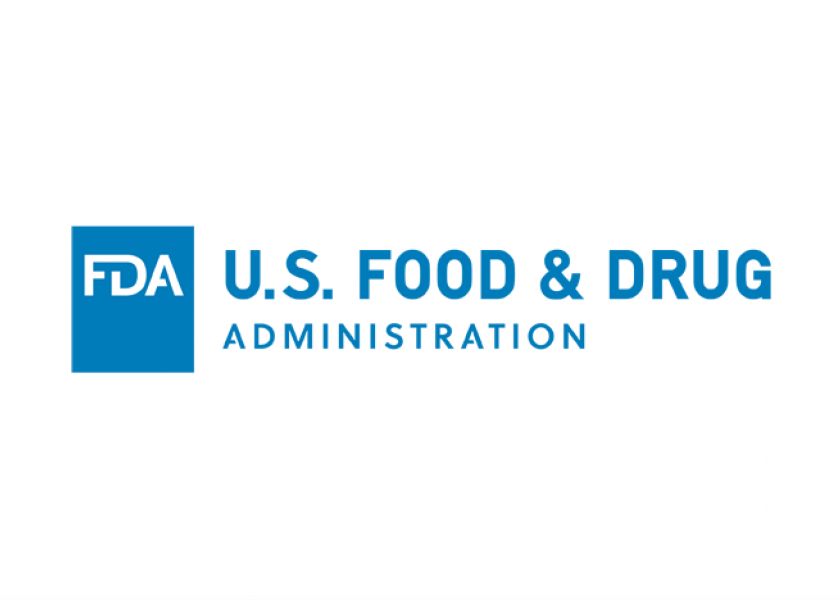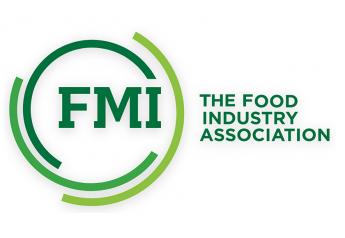FDA issues final guidance for seeds used for sprouting

The FDA has issued final guidance titled “Reducing Microbial Food Safety Hazards in the Production of Seed for Sprouting: Guidance for Industry.”
This guidance outlines FDA’s serious concerns over foodborne illness outbreaks associated with the consumption of raw and lightly-cooked sprouts and provides firms with recommended steps to prevent adulteration throughout the production chain of seed for sprouting, according to a news release.
Between 1996 and 2020, there were 52 reported outbreaks of foodborne illness associated with contaminated sprouts, resulting in more than 2,700 cases of illness, the release said. Although contamination can occur at any point along the sprout supply chain, seed has historically been, and continues to be, identified as the likely source of contamination in many of these outbreaks, the FDA said.
The Produce Safety Rule (PSR) includes sprout-specific requirements for sprout growers. However, we do not consider seed for sprouting to be covered produce under the PSR and, therefore, the growing, conditioning, and distribution of seed for sprouting is not subject to PSR requirements. Although seed used for sprouting is not covered by the PSR, the FDA does consider seed used for sprouting to be food.
The final guidance recommends that everyone in the sprout seed supply chain become as informed as reasonably possible about the food safety practices, processes, and procedures followed by the firm(s) from which they source their seed, where the seed will go after it leaves their firm, and whether their seed is reasonably likely to be used to produce sprouts for human consumption, the release said.
The final guidance acknowledges that the practices and conditions appropriate for producing seed for sprouting likely will necessitate a higher level of food safety precautions compared to practices and conditions for producing seed that will be used for other purposes.
Consistent with the draft guidance published in June 2019, this final guidance recommends that seed for sprouting be grown using Good Agricultural Practices or in conformance with international standards such as the Codex Alimentarius International Code of Hygienic Practice for Fresh Fruits and Vegetables. In addition, this guidance clarifies that testing should not be used in place of GAPs or Codex standards, the release said.







